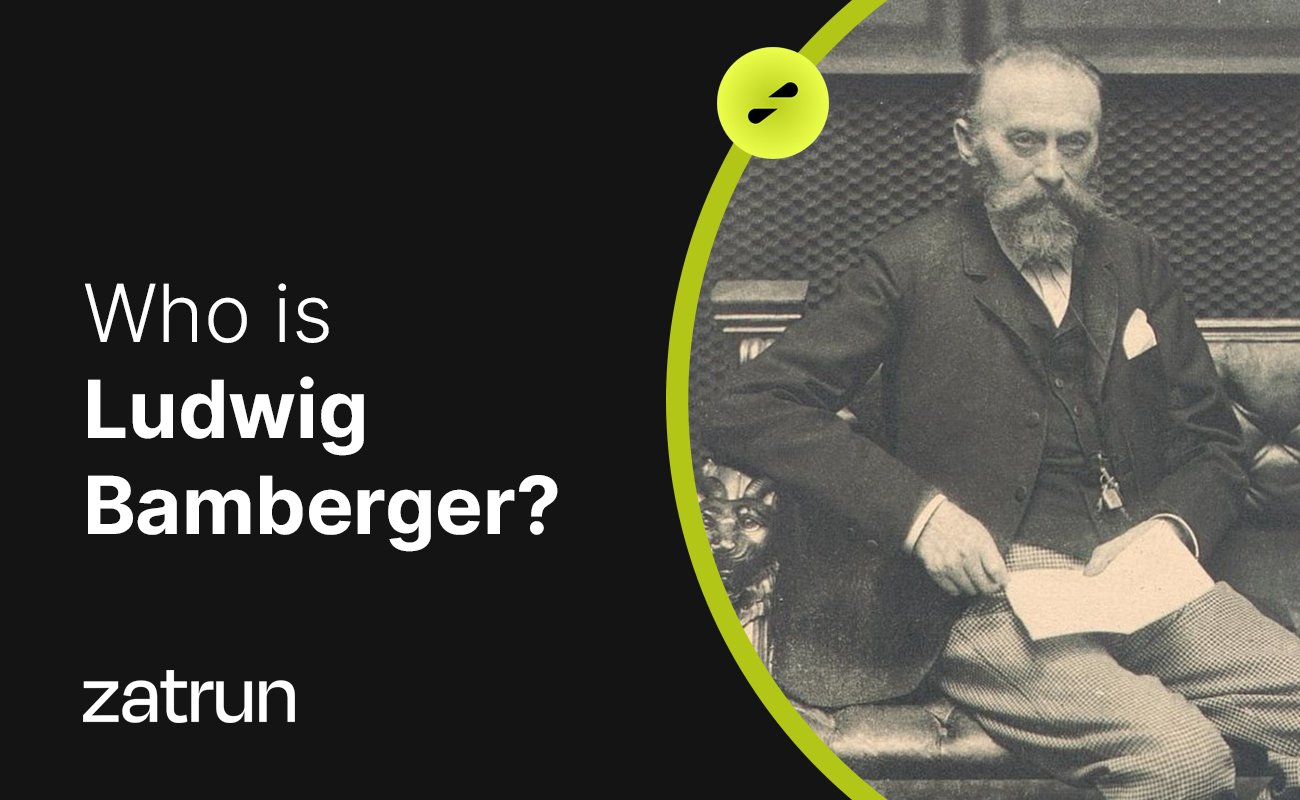Paul Baran was a neo-Marxist economist known for his work on the rise of monopoly capitalism and its implications for economic development. In this article on Zatrun.com, you can find everything you need to know about Paul Baran.
Who is Paul Baran?
He was born in Imperial Russia and his father was a Menshevik, so in 1917, his family moved to Vilnius, Lithuania. Baran and his family later moved to Berlin and then back to Moscow in 1925. However, Baran stayed in Germany to complete his high school education and then went to the Plekhanov Institute in Moscow in 1926.

In 1928, he returned to Germany to work as a research assistant on agriculture with Dr. Friedrich Pollock, with whom he had a continuing relationship with the Frankfurt School’s Institute for Social Research. In 1931, he received a Diplom-Volkswirt degree (equivalent to a master’s degree in political economy) from the University of Breslau Schlesische Friedrich-Wilhelm.
Baran wrote his dissertation on economic planning with Emil Lederer and received his doctorate from the University of Berlin in 1933. During his time in Germany, he met Rudolf Hilferding, author of Finance Capital, and wrote for the German Social Democratic Party magasine Die Gesellschaft under the name Alexander Gabriel.
When the Nazi regime came to power, Baran fled to Paris and then to the Soviet Union and Vilnius, Lithuania. He then emigrated to the United States before the Molotov-Ribbentrop Pact was signed and before Nazi Germany invaded Poland.

He enrolled at Harvard University, where he received a master’s degree, but left the doctoral program due to insufficient funding. He then worked at the Brookings Institution, the Price Management Office, the Strategic Services Office, and the U.S. Commerce Department. He also taught at George Washington University and worked at the Federal Reserve Bank of New York.
His Major Works and Ideas
Paul Baran is known as a neo-Marxist economist who introduced the concept of “economic surplus” to address new confusions arising from the rise of monopoly capital. Along with Paul Sweezy, he emphasised that these innovations were consistent with Marx’s value concept and had an additional relationship to Marx’s surplus value category.
Baran and Sweezy’s work on “Monopoly Capital” analysed the concept of surplus in the contemporary US economy. Baran’s ideas have been influential to his students, colleagues, and subsequent generations of Marxist economists.

Paul Baran introduced the concept of “economic surplus” to address the new confusions arising from the rise of monopoly capitalism. Along with Paul Sweezy, it was emphasized that these innovations were compatible with Marx’s theory of value and had an additional relationship to Marx’s category of surplus value.
“Monthly Review” published a book of letters between Sweezy and Baran, which is illuminating about the development of their political economy ideas, particularly their collaborations in Monopoly Capital. In their work Monopoly Capital, Baran and Paul M. Sweezy analysed the concept of surplus in the contemporary US economy. One of Baran’s notable students is Richard D. Wolff.












